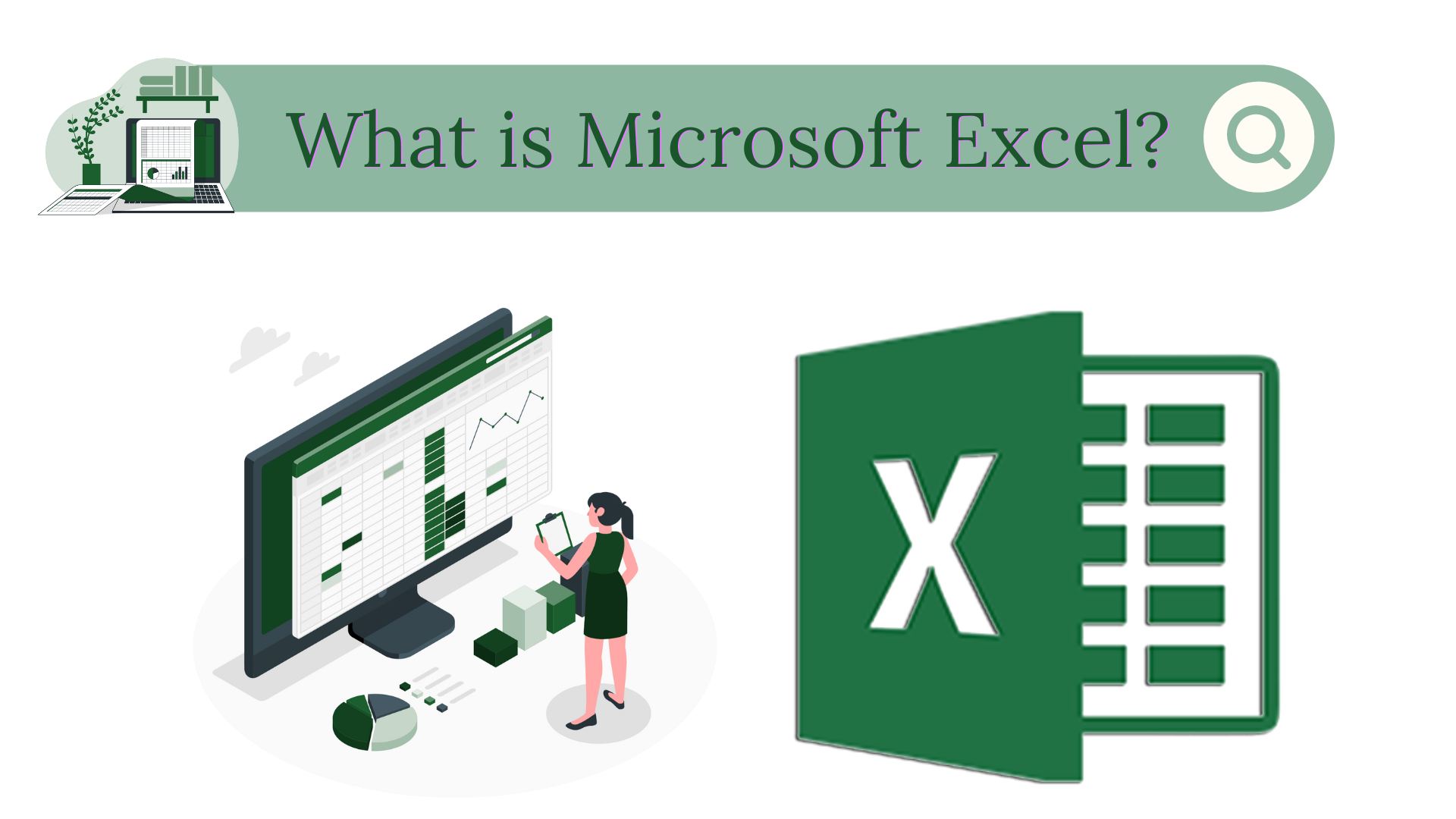Magic of Microsoft Excel
In the world of spreadsheets, one name reigns supreme: Microsoft Excel. From managing budgets and analyzing data to creating charts and automating workflows, Excel is the go-to tool for millions of users worldwide. What sets Excel apart from other spreadsheet applications? Let’s delve into the fascinating world of Excel to find out.
Microsoft Excel is a powerful spreadsheet application developed by Microsoft, first released in 1985 as part of the Microsoft Office suite. Over the decades, Excel has evolved into a versatile tool that allows users to organize, analyze, and visualize data in a structured and efficient manner. Whether you’re a financial analyst crunching numbers, a project manager tracking progress, or a student creating charts for a presentation, Excel provides the tools you need to get the job done.
Key Features of Microsoft Excel
1. Versatility and Functionality
Excel offers a comprehensive set of features and functionalities that cater to a wide range of user needs. From basic arithmetic calculations to advanced data analysis and visualization, Excel provides the tools necessary to handle diverse tasks efficiently.
2. Familiarity and Accessibility
Excel’s interface is intuitive and user-friendly, making it accessible to users of all skill levels. Its grid-based layout, familiar menu options, and straightforward formulas make it easy for beginners to get started, while its advanced capabilities cater to the needs of experienced users.
3. Integration with Microsoft Office Suite
As part of the Microsoft Office suite, Excel seamlessly integrates with other Microsoft applications such as Word, PowerPoint, and Outlook. This integration allows users to easily transfer data between applications, collaborate on documents, and streamline workflows.
4. Extensive Formula Library
Excel boasts a vast library of built-in formulas and functions that enable users to perform complex calculations and data analysis with ease. Whether it’s financial calculations, statistical analysis, or engineering functions, Excel’s formula library provides the tools necessary to solve a wide range of problems.
5. Customization and Automation
Excel’s customization options and automation features allow users to tailor their spreadsheets to their specific needs and automate repetitive tasks. Whether it’s creating custom templates, recording macros, or writing VBA scripts, Excel provides the flexibility to adapt to unique requirements and increase productivity.
6. Strong Community Support
Excel benefits from a strong community of users, developers, and experts who contribute to its ecosystem through forums, tutorials, and third-party add-ins. This vibrant community provides support, shares best practices, and fosters innovation, enhancing the overall Excel experience for users.
Practical Applications of Microsoft Excel
1. Financial Management
Excel is widely used for financial management tasks such as budgeting, forecasting, and financial analysis. Whether you’re tracking expenses, calculating ROI, or creating financial reports, Excel provides the tools you need to manage your finances effectively.
2. Data Analysis and Reporting
Excel is a powerful tool for data analysis and reporting, allowing users to import, clean, and analyze large datasets. Whether you’re analyzing sales data, conducting market research, or tracking project metrics, Excel’s data analysis tools make it easy to derive insights and create compelling reports.
3. Project Management
Excel is commonly used for project management tasks such as task tracking, resource allocation, and project planning. With features like Gantt charts, milestone tracking, and project timelines, Excel provides project managers with the tools they need to plan, execute, and monitor projects effectively.
4. Educational Use
Excel is widely used in educational settings for teaching and learning purposes. From creating interactive worksheets and quizzes to analyzing scientific data and conducting experiments, Excel provides educators and students with a versatile platform for exploring concepts and enhancing learning outcomes.
5. Business Analytics
Excel is a valuable tool for business analytics, enabling organizations to analyze performance metrics, track KPIs, and make data-driven decisions. Whether you’re analyzing sales data, customer demographics, or market trends, Excel’s powerful analytics tools provide valuable insights to drive business growth.
Conclusion
Microsoft Excel stands out from other spreadsheet applications due to its versatility, accessibility, integration with the Microsoft Office suite, extensive formula library, customization options, and strong community support. Whether you’re a business professional, educator, student, or hobbyist, Excel provides the tools you need to organize, analyze, and visualize data effectively. Its combination of powerful features and user-friendly interface makes it a valuable tool for users across industries and disciplines, setting it apart as the premier spreadsheet application in the market. Embrace the magic of Excel and unlock its endless possibilities today!

